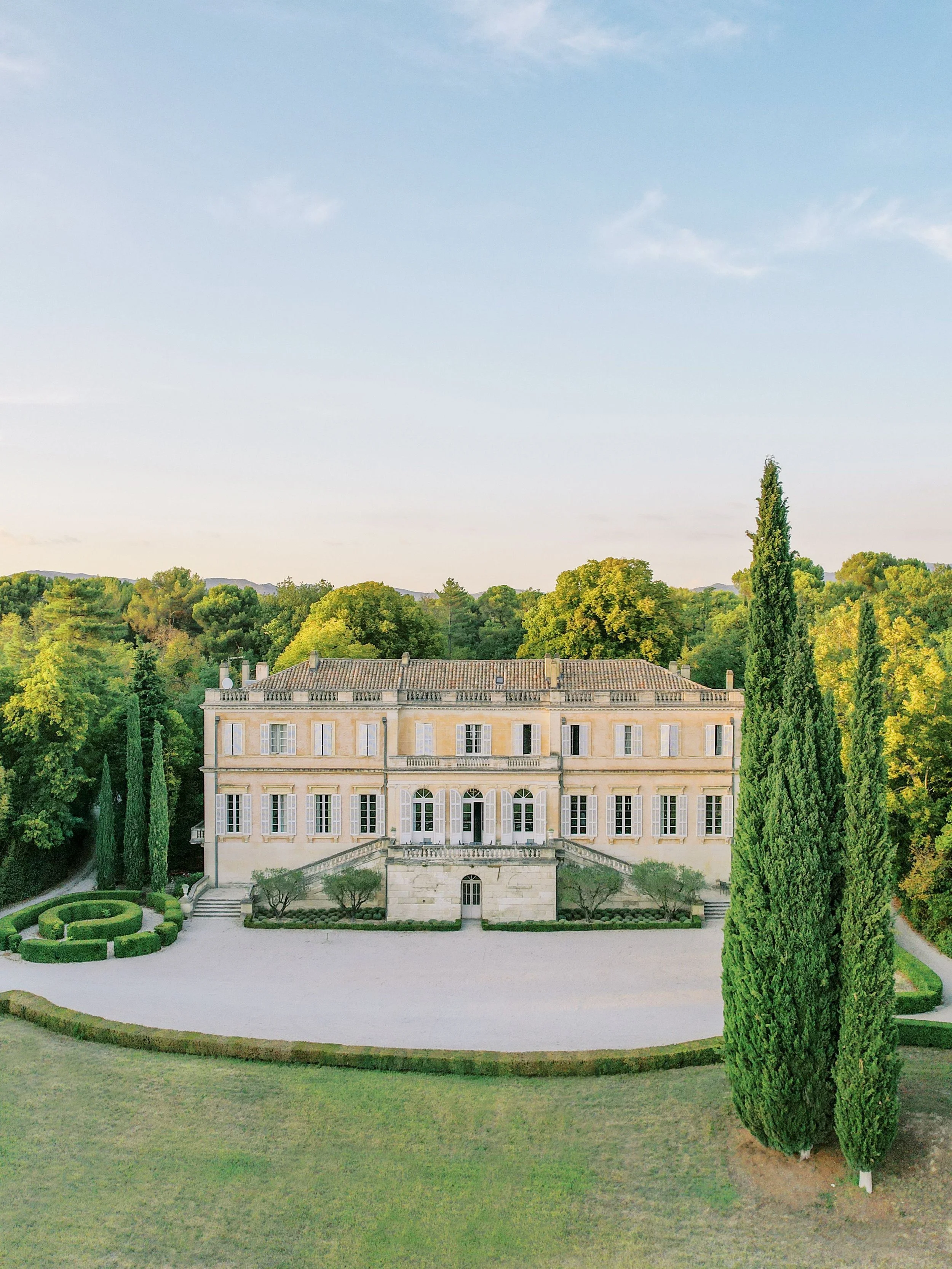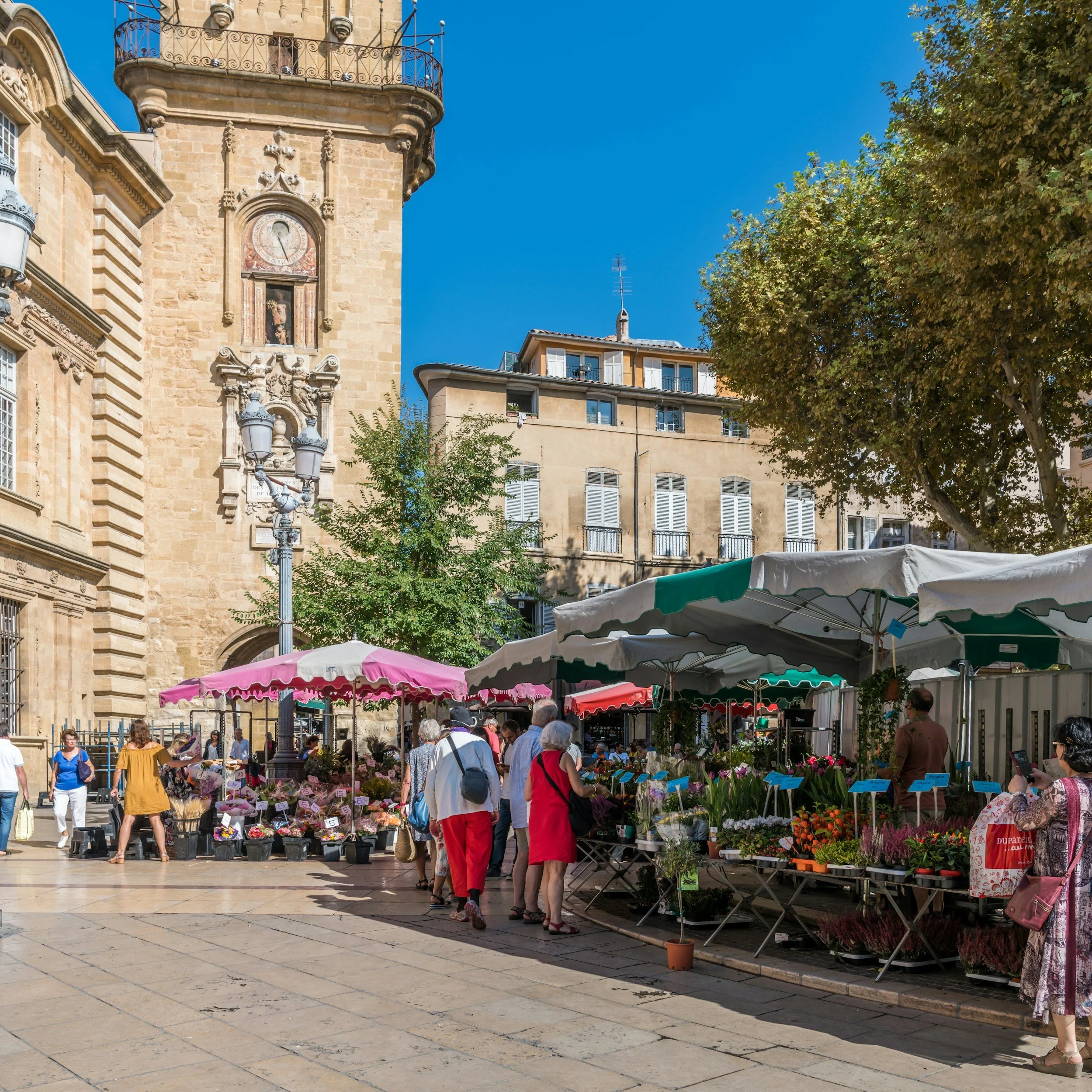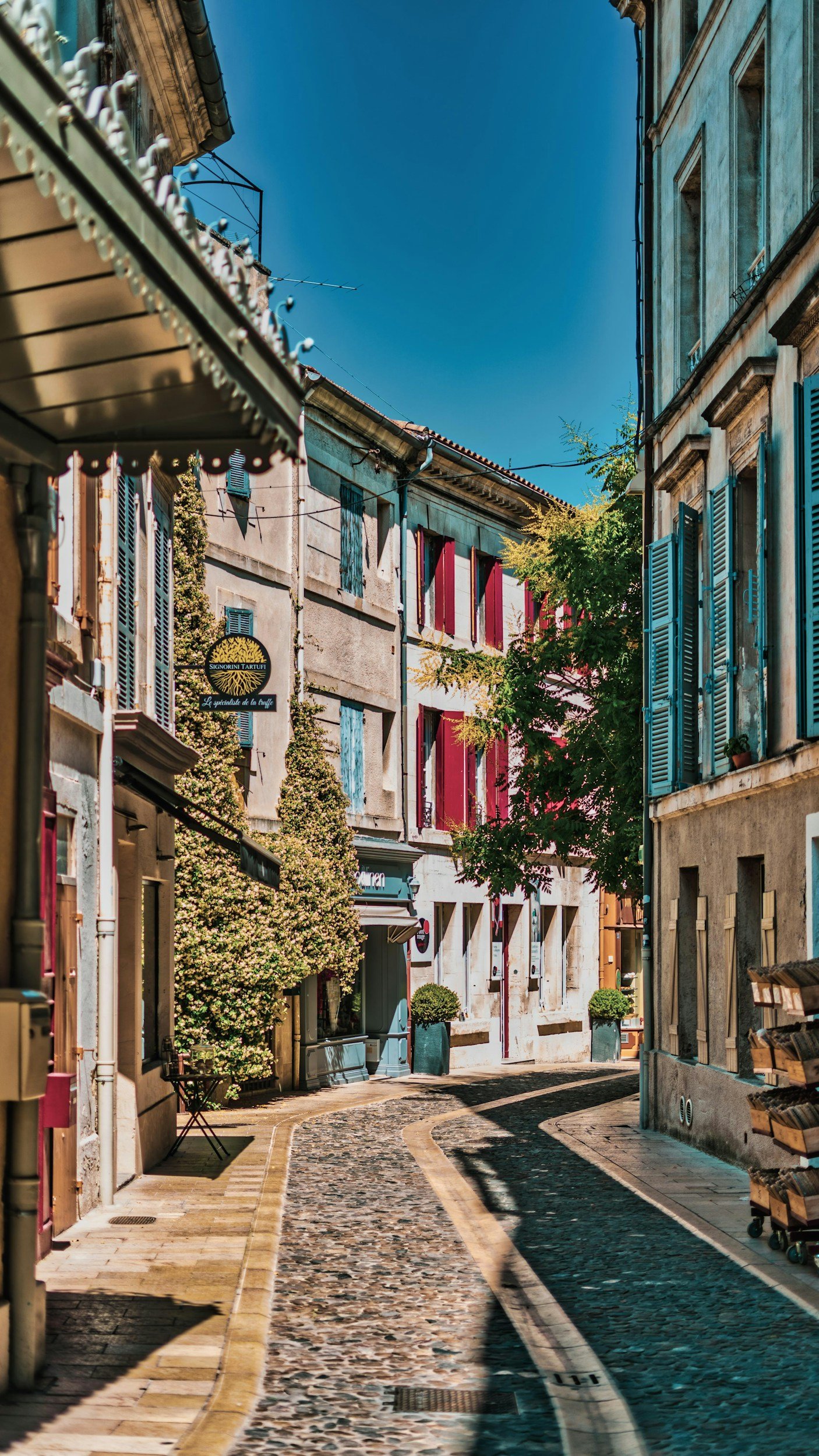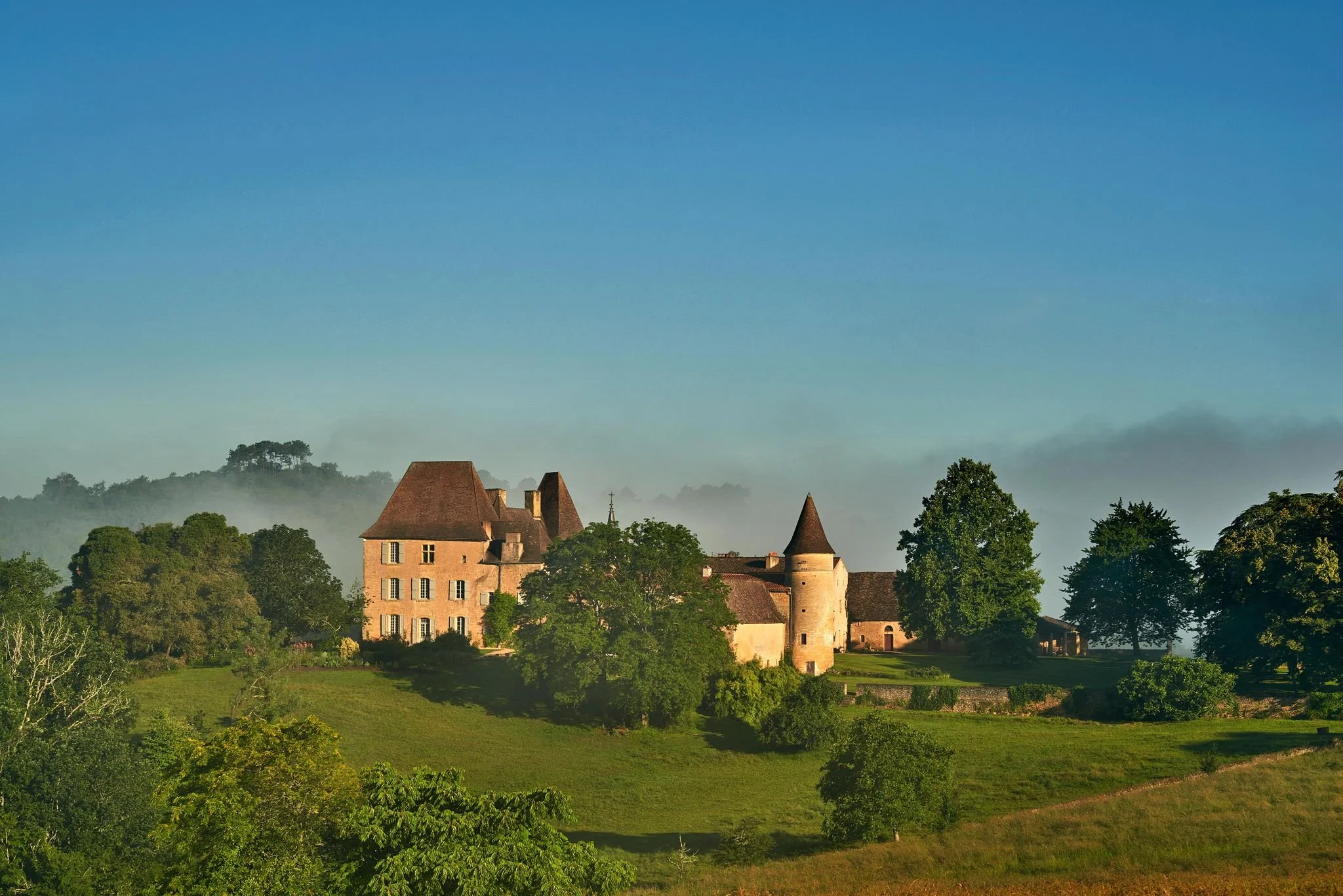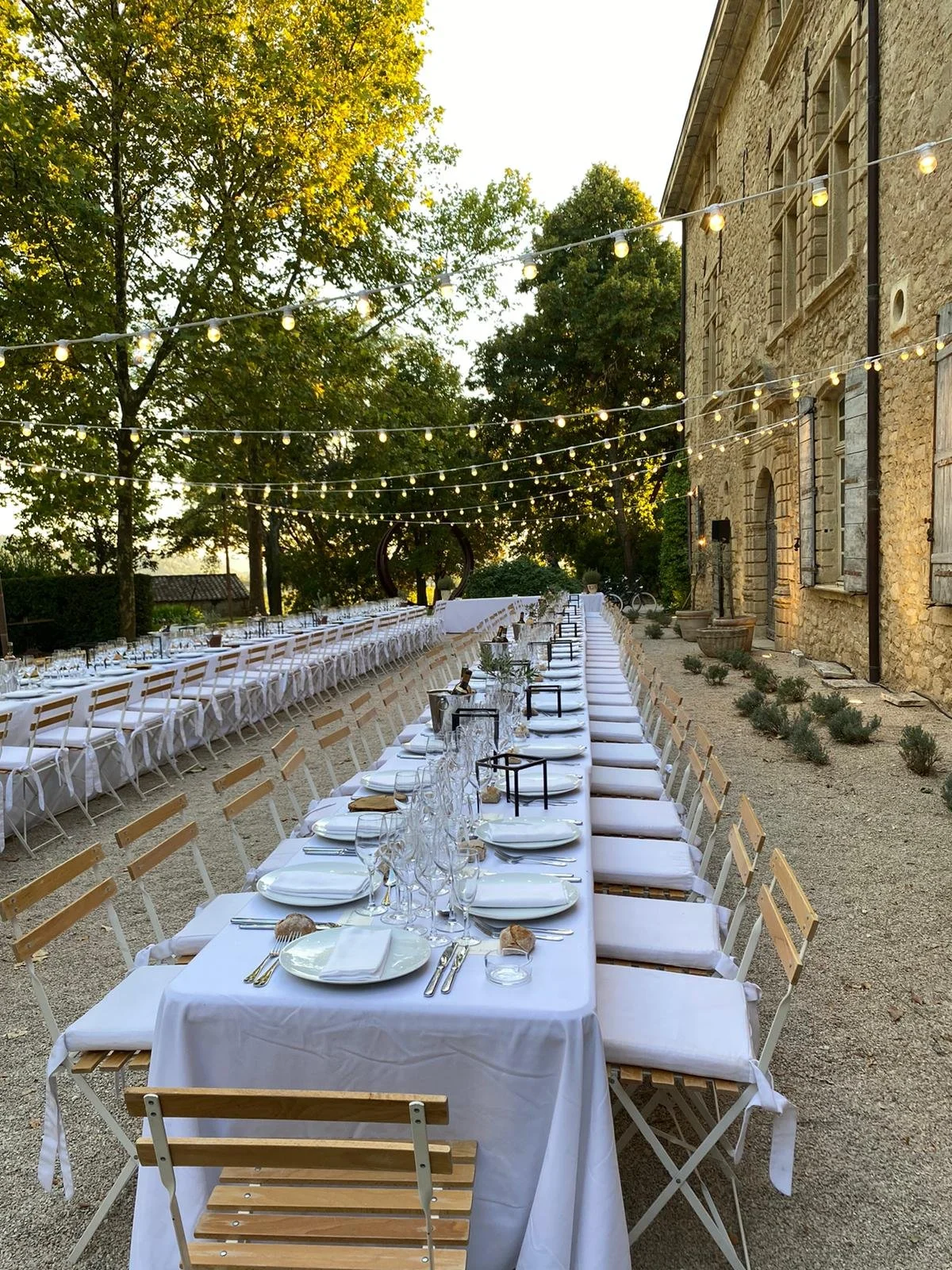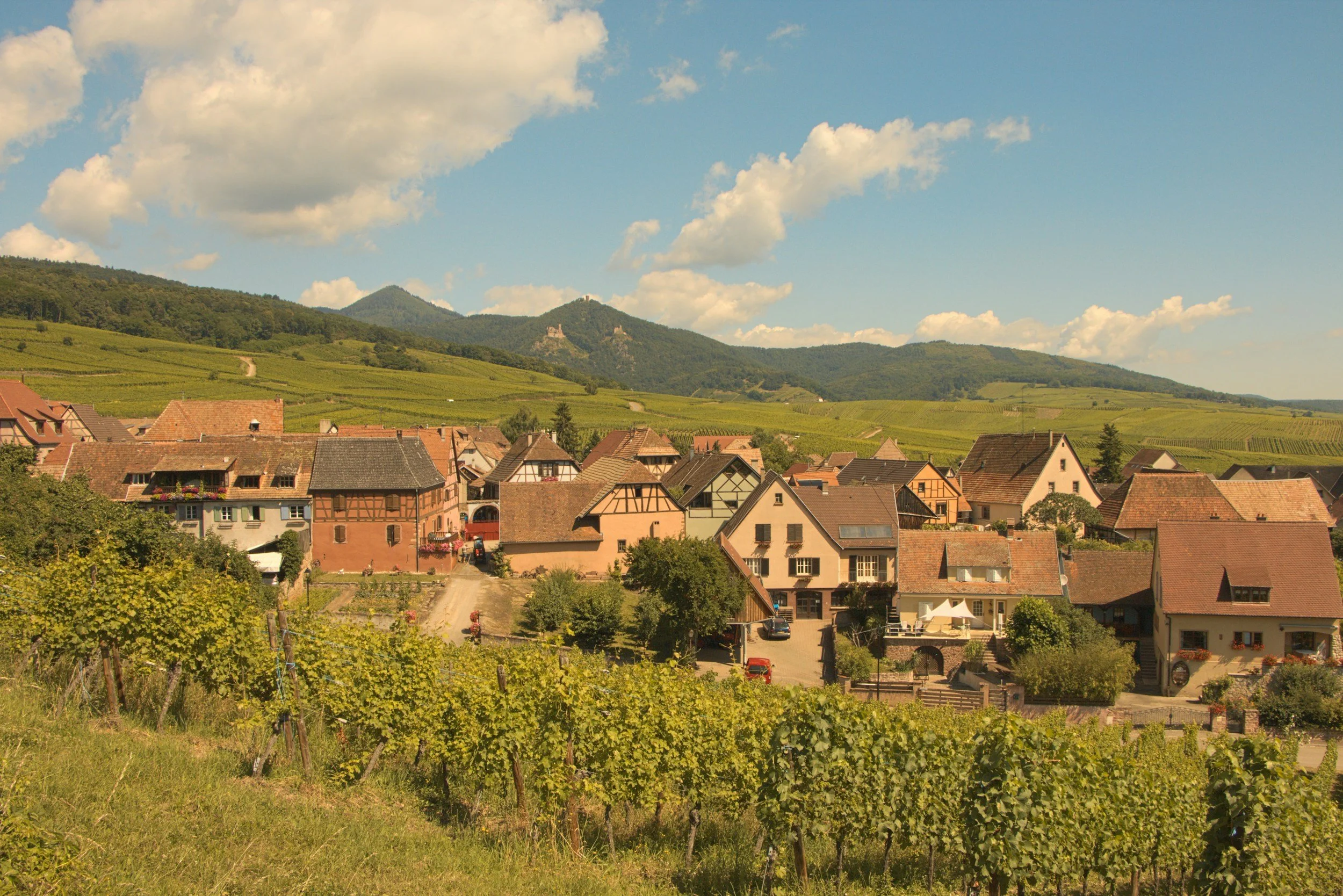Top 15 French Countryside Wedding Venues for a Dream Ceremony
Published on September , 2025 | Reading time: 9 min
By Laurine Baille, Marketing at HOMANIE
Summary
Planning a destination wedding that feels intimate, effortless, and unmistakably romantic? The French countryside delivers all three. Think golden-hour vineyards in Bordeaux, lavender lanes for your wedding in Provence, and storybook manors in the Dordogne. Settings where heritage stone, olive groves, and wide skies do the heavy lifting for your décor. It’s the kind of place where your weekend flows naturally: an al-fresco welcome dinner, a garden ceremony, and a leisurely brunch the next day.
In this guide, we share our favorite French countryside wedding venues (châteaux, bastides, and private estates with soul) along with practical tips on seasons, logistics, and guest experience. As curators and coordinators, Homanie pairs you with the right property for your guest count, vibe, and budget, then supports you with trusted vendors and seamless planning. Ready to find “the one”? Let’s explore the venues that make saying “I do” in France feel like second nature.
Why Choose the French Countryside for Your Wedding?
Natural beauty and romantic settings
From lavender-lined lanes in Provence to vineyard horizons in Bordeaux and sun-dappled olive terraces along the Riviera backcountry, the French countryside was built for romance. Expect soft light for golden-hour portraits, timeless stone architecture, and landscapes that set the scene without needing heavy décor to respect the french wedding traditions. Your photos feel editorial by default.
What couples love
Picture-perfect backdrops (vineyards, lavender, olive groves, lakes)
Heritage architecture (châteaux, bastides, mas, manoirs)
Dreamy light nearly year-round in the South of France
Privacy, charm, and authenticity
Beyond the postcards, rural France is about intimacy: private estates, sleepy villages, and venues that feel like your own family home for the weekend. You’re not sharing hallways with strangers, you’re taking over a place with history and soul.
What this means for your wedding
Full-property buyouts for complete privacy
Warm, local hospitality and seasonal cuisine
Characterful details: stone courtyards, century-old plane trees, antique tiles
A destination that combines celebration and slow living
Turn your wedding into a long, unhurried weekend: pool day on Friday, ceremony and dancing on Saturday, wine-country picnic or boat day on Sunday. Guests actually connect, and you get time to breathe.
Make it a weekend
Welcome dinner under string lights
Ceremony among vines or gardens
Day-after brunch with market-fresh produce
“Here, your vows settle between the cypresses and the song of cicadas, then the celebration flows to a long Provençal table and a sky of stars.”
- Marie Treppoz, Owner of Homanie Cassis
Our Top Picks for French Countryside Wedding Venues
Avignon, Neoclassical Château with Orangery
This 18th-century neoclassical château announces itself with a grand Cour d’Honneur before opening onto formal gardens that feel both stately and welcoming. The tone is timeless elegance with a contemporary ease: seventeen bedrooms are spread across five refined buildings so your closest guests can settle in with privacy and comfort. Days unfold between the twenty-meter pool, the orangery, and quiet corners of clipped greenery; afternoons drift toward pétanque on the gravel and unhurried rallies on the tennis court; evenings return to billiards and conversation as the façades turn gold. A fully equipped gym means pre-ceremony nerves can be walked off in the morning, and the grounds give you the freedom to stage each moment: welcome drinks in the gardens, vows framed by stone and symmetry, dinner beneath the stars while honoring the rituals that make a French wedding feel so gracefully celebratory.
Gordes, Stone Château with Panoramic Views
Rising majestically above the Luberon Valley, Gordes is one of the most romantic villages in all of France. Its winding cobblestone streets, golden-stone houses, and sweeping views create an atmosphere that feels timeless. Imagine exchanging vows at sunset, with the Provençal hills bathed in golden light, followed by a celebration surrounded by the authentic charm of the French countryside. Gordes offers an unforgettable setting where history, beauty, and romance meet.
Aix-en-Provence, Elegant Bastide with Olive Groves
Aix-en-Provence is the embodiment of refined Provençal living, known for its tree-lined boulevards, fountains, and vibrant markets. Surrounded by olive groves, lavender fields, and vineyards, it blends culture with natural beauty. A wedding here means savoring the elegance of a city filled with art and history, while enjoying the warmth and charm of its countryside. It’s the perfect choice for couples seeking sophistication with a relaxed Mediterranean spirit.
Gordes
Aix-en-Provence
Uzès, Intimate Château in a Provençal Village
Tucked inside a picturesque village near Uzès, this château lives amid verdant gardens where the scent of herbs lingers in the air and cicadas keep time. The mood is authentic and intimate: stone staircases worn by history, salons that open onto lawns, shaded paths that lead guests from aperitif to ceremony without ever breaking the spell. A twenty-meter pool anchors long, languid afternoons; tennis and pétanque add a playful rhythm between events. With twenty-one elegantly appointed bedrooms, the estate is as practical as it is romantic, allowing family and friends to settle in for a full weekend that feels like home. It’s the kind of place where a welcome dinner runs late because no one wants to leave the table, and where your wedding day flows effortlessly from vows to dancing beneath a sky full of Provençal stars.
Saint-Rémy-de-Provence, Manor with Gardens
Saint-Rémy-de-Provence has long inspired artists and poets with its enchanting landscapes and graceful architecture. Framed by olive trees, rolling hills, and lavender fields, this picturesque town captures the essence of Provence. A wedding here is infused with intimacy and romance, whether celebrated in charming village squares or amidst its lush gardens and countryside. For couples seeking authenticity and a touch of magic, Saint-Rémy is a dream destination.
Lourmarin, Renaissance Château Surrounded by Vineyards
Recognized as one of the most beautiful villages in France, Lourmarin charms visitors with its Renaissance heritage and lively Provençal atmosphere. Set against a backdrop of vineyards and orchards, it offers a blend of history, art, and natural beauty. Couples choosing Lourmarin for their wedding will find a setting that feels both elegant and welcoming, where cultural richness meets the gentle rhythms of the countryside. It’s a destination that perfectly balances sophistication with intimacy.
Saint-Rémy-de-Provence
Lourmarin
Bonnieux, Historic Wine Estate, Architect-Restored
Set amid an extraordinary natural landscape above Bonnieux, this historic, wine-producing estate brings together the grandeur of the Renaissance and the quiet power of medieval stone, all meticulously restored by a renowned architect. The result is heritage with a clean, contemporary line: vaulted rooms that catch the light, terraces that hover over vines and woodland, and compositions that make every photograph feel editorial. The château offers seven luxurious bedrooms, while two adjoining gîtes add five more suites, comfortably hosting up to twenty-four guests. Ceremony settings range from a Renaissance courtyard to a vista where the Luberon opens like a painted backdrop. Cocktails ease into dinner as the sun slips along the rows; music finds its way indoors when the night turns deep. For couples who value substance history, wine, craftsmanship, this is a stage that elevates every detail without ever feeling forced.
Carcassonne, Medieval Fortress Setting for Fairytale Weddings
Near the legendary fortified city of Carcassonne, this château immerses couples in a medieval fairytale. Stone towers, ancient walls, and sweeping views of the surrounding countryside create an otherworldly ambiance. Perfect for couples seeking drama and romance, this venue transforms a wedding into a once-in-a-lifetime storybook celebration.
Dordogne, Riverside Château with Majestic Towers
On the tranquil banks of the Dordogne River, this château embodies majesty and old-world charm. Its impressive towers, grand salons, and riverside setting provide both intimacy and grandeur. From outdoor ceremonies overlooking the water to elegant receptions within historic halls, it offers a truly magical backdrop.
Carcassonne
Luberon, Seventy Hectares of Peace in the Natural Park
In the heart of the Luberon Natural Park, seventy hectares unfold like a private world. A ten-hectare forest offers shade and quiet; vineyards and olive groves pattern the land; formal French gardens lend a sense of occasion; three shimmering pools keep the weekend unhurried and sun-drenched. Fifteen bedrooms are distributed across three elegant buildings, so guests gather when they want to and retreat when they need to. The property’s scale gives you the luxury of pacing: a garden rehearsal supper that meanders into the night; a ceremony framed by alleys and clipped greens; cocktails on a terrace that catches the last light; dinner set in symmetry, a tableau of linen and glass that gleams as the stars appear. Tranquility is the keynote here beauty, space, and time to savor them.
Beaujolais, Vineyard Estate with Rustic Charm
Nestled in the rolling hills of Beaujolais wine country, this vineyard estate invites couples into a world of rustic French charm. Stone barns, leafy pergolas, and vineyard-lined paths create a relaxed yet elegant setting. With its authentic countryside character, it’s perfect for couples dreaming of a warm and convivial celebration.
Loire Valley, Renaissance Château with Formal Gardens
This Renaissance château epitomizes French grandeur with its elaborate façades, sweeping staircases, and formal gardens designed for romantic strolls. Surrounded by the timeless beauty of the Loire Valley, it offers a regal atmosphere that feels straight out of a fairytale. A perfect match for couples seeking elegance, history, and refinement.
Beaujolais
Saint-Maximin, Grand Wine Domain in Provence
At the foot of the Sainte-Baume mountains, this six-hundred-hectare wine estate breathes in the quiet of Provence. Vineyards and olive groves roll outward; forests and natural springs add a sense of replenishment; the horizon feels generous. Four beautifully restored bastides hold twenty elegant bedrooms and a children’s room so families can stay together without sacrificing elegance. Mornings begin with birdsong and soft light on stone; afternoons drift between tastings and shade; evenings gather on terraces where conversation expands and music finds its pulse. The landscape invites a gentle, grounded celebration vows that feel anchored, a dinner that lingers, a party that rises and settles in harmony with its surroundings. If you dream of nature and refinement in balance, this is where the two meet.
Champagne, Historic Manor among Vineyards
In the heart of Champagne, this historic manor combines rural beauty with sophistication. Surrounded by rolling vineyards that produce the world’s most celebrated sparkling wine, it creates a luxurious yet intimate ambiance. Couples can host receptions on the estate grounds, toasting their union with the region’s finest vintages.
Alsace, Half-Timbered Estate with Romantic Scenery
Blending French and Germanic influences, this estate offers a unique charm found only in Alsace. Its half-timbered architecture and lush countryside surroundings provide an enchanting mix of tradition and romance. Ideal for couples seeking a distinctive wedding destination, it’s a venue where culture and natural beauty meet.
Champagne
Alsace
Planning Your Wedding in the French Countryside
Best seasons to get married
Spring and early summer carry a sense of bloom, May and June bring long evenings, gentle warmth, and fields at their freshest. In late June, Provence reaches peak lavender, which reads like a dream on camera. September and early October are harvest months in wine regions, with soft light and comfortably warm days that stretch into balmy nights. High summer, in July and August, delivers energy and very late sunsets; ceremonies simply start later, shade becomes part of the design, and the party unfolds in a cooler dusk. April and late October are quieter and often friendlier on the budget, provided you embrace an elegant indoor or tented Plan B. In all cases, an early-evening ceremony is your ally somewhere around the tail end of the afternoon, when the sun flatters faces and fabrics.
Legal aspects and logistics
Most international couples choose a symbolic ceremony in France and complete the civil formalities at home. French law places the legal wedding at the local mairie and typically requires administrative steps and local ties or residency. The symbolic route keeps your day relaxed and your ceremony exactly where you want it: in a garden, near the vines, or by a lake with an English-speaking celebrant. Logistics are straightforward when planned early. Arrange vendor arrivals the day before; group transfers from the nearest airport or TGV station save time and stress; and confirm sound policies with your venue so the evening flows gracefully from outdoor music to an indoor dance floor when needed.
Services and support with Homanie (venues, catering, coordination…)
Homanie curates private-use estates with atmosphere and substance, then surrounds them with a team that understands pace, detail, and the art of hosting. We listen first guest count, style, priorities and propose a shortlist that fits the brief as naturally as a well-cut suit. From there, we hold dates, build timelines, map floor plans, and craft Plan B with the same care as Plan A. Menus lean seasonal and regional; lighting and rentals shape the mood; and trusted creatives florists, photographers, and bands arrive as a coherent ensemble rather than a collection of names. On the weekend itself, coordination becomes choreography. You notice the joy, not the seams.
Ready to explore venues and shape your weekend? Share your dates, your headcount, and the feeling you want your guests to take home. We’ll send a tailored shortlist and guide you from first glance to last dance.
Luxury wedding in Grimaud - © Laura Mazzello
Your Questions, Answered: Getting Married in the French Countryside
-
For most couples, the sweet spots are May–June and September–early October. You’ll enjoy mild weather, long daylight, and landscapes at their most photogenic, think lavender in late June and vineyard harvest in September. July–August can be magical too, but plan for heat management (shade, fans, later ceremony times). April and late October are quieter and more budget-friendly; just pair them with an elegant Plan B such as an indoor salon or clear-top tent.
-
Prime weekends in May–June and September commonly fill 12–18 months ahead. If your dates are fixed or you have a specific region in mind, start shortlisting 18–24 months out. Flexible couples can still secure beautiful estates within 6–9 months, especially for weekday celebrations or shoulder season dates. With Homanie, we can place soft holds, align vendor availability, and map a timeline that protects your priorities.
-
Yes most countryside estates are designed for a seamless ceremony-to-reception flow. You might hold your ceremony in the gardens, move cocktails to a courtyard or terrace, and dine under string lights or in an orangery. Many venues allow outdoor music until a set hour, then invite dancing indoors for sound management. A unified location simplifies transport, tightens your timeline, and enhances guest comfort.
-
They can be. Many properties shine for 60–150 guests; select domains can scale higher with marquees, extended power distribution, and satellite bars. If you’re planning 150+, we’ll recommend venues with ample logistics: flat lawns, vendor access, parking, and a solid rain plan. For very large guest counts, we often pair the estate with nearby accommodations and coordinated shuttles.
-
Most curated estates include on-site bedrooms often 10–25 beds for family and wedding party, plus the option to place additional guests in nearby boutique hotels, gîtes, or B&Bs. On-site stays create a private buyout feel and make room for a full wedding weekend: welcome dinner, pool day, ceremony, and a leisurely day-after brunch. Homanie arranges the rooming list, transfers, and late-night shuttle runs so everyone gets home safely.





